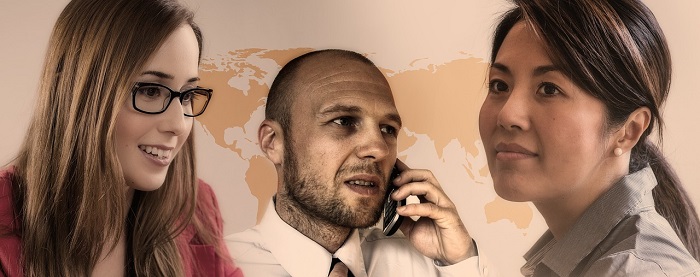Rules and accountability are helpful in developing and standardizing processes but there are instances when they can be a hindrance to innovation.
Finding the right balance between accountability and innovation is essential in the public sector, according to Tony Dean, professor at the School of Public Policy and Governance at the University of Toronto, and adviser in public administration and public reforms to various governments in Canada and around the world.
“We clearly need to find a more sensible approach to accountability because the current web-of-rules approach to accountability in the public sector is an anchor weighing us down; and it is a drag on efficiency in the public service and, even worse, we replicate this rule-book approach to oversight in our relationship with front-line service delivery organizations,” Dean said in his blog that dealt with the launch of the discussion paper License to Innovate which was published by The Institute for Competitiveness and Prosperity at the University of Toronto’s Rotman School.
The paper identified fields of practice where innovation occurs, discussed issues around “permission to innovate,” and the role of human resource management in strategy, delivery and innovation, said Dean.
“I was reminded in Ottawa recently that the Prime Minister’s interest in delivery and results offers federal public servants s an opportunity to break through this fog of accountability,” Dean who was as Secretary of the Cabinet, Head of the Ontario Public Service, and the Clerk of the Executive Council from 2002 to 2008, said. “Doing that requires somewhat of a change in mindset — part of which involves going into policy and delivery projects with an acknowledgement that we will not get any complex initiative right the first time, or even the second time (something that most open-minded people will understand).”
When this occurs, organizations need to be honest about the failure and “find ways to get quickly back on track.”
Instead, Dean said, many organizations feel there is little choice but to just move ahead for fear of being blamed or simply working on the assumption that “half-baked programs are better than none.”
If, you’re interested in finding out how you can develop a successful delivery strategy and how your organization can innovate, you’ll have a chance to hear Dean discuss these issues at an upcoming conference on deliverology.
Deliverogy is a management method developed by British political adviser Michael Barber. Canada’s Liberal government has recently adapted deliverology.
Click on this link to find out more about the Canadian Government Executive Leadership Summit 2016 on Deliverology in Practice, on October 5th, from 8:30 a.m. to 3:30 p.m., at the Sheraton Hotel on 150 Albert Street, in Ottawa.
Dean is part of a panel of experts that will be discussing the ins and outs and pros and cons of deliverology. Other experts including in the panel are:
- Craig Szelestowski, a Lean Government and transformation specialist
- Murray Kronick, national service lead for performance management for Interis BDO
- Tom Rosser, senior deputy minister for strategic policy at the Department of Fisheries and Oceans Canada
- Ian Williams, business intelligence and analytics unit manager for the Toronto Police Service
- Lou Di Gironimo, general manager of Toronto Water, for the City of Toronto
The discussion will be moderated by Patrice Dutil, editor-in-chief of CGE, and professor of politics and public administration at Ryerson University.
If you are working in the government or doing business with the government, this in an event you should not miss.
Click here now to register for the CGE Leadership Summit 2016 Performing, Measuring, Reporting: Deliverology in Practice event.

